
REPORTAGE
26-09-2020 by Freddie del Curatolo
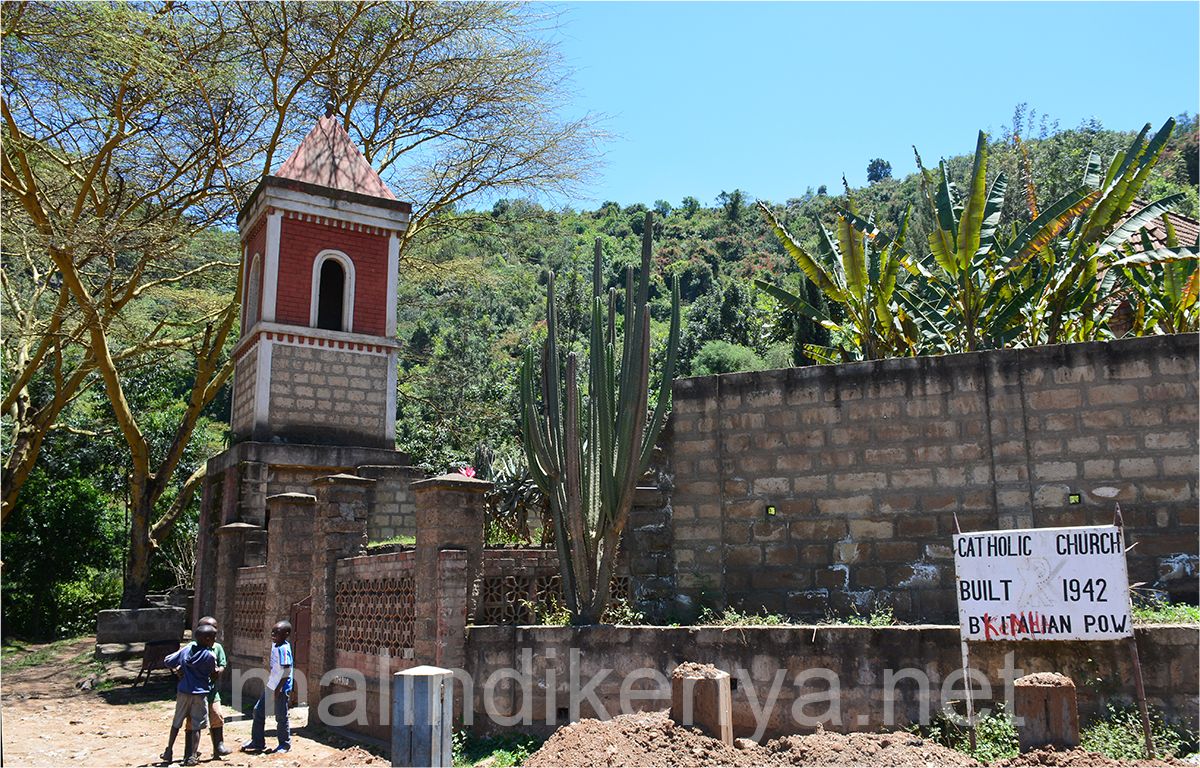
There is a lot of Italian memory in Kenya, more than the happy vacationers of Malindi Marittima and Watamalfi can imagine.
For us this memory, the set of many stories that have been existences, adventures, sufferings and that today become testimonies, has even more value in times like these, where those who try to keep the past alive are branded as a heavy and useless piece of antiques.
Today is a great day, because from Nairobi we project ourselves into the Kingdom of the Animals and we are going to touch the nature conservation projects of the Maasai communities north of the Mara reserve.
But as we leave Nairobi at good time, heading towards Naivasha, we come across one of the most striking and visible signs of the Italian presence in this country.
In the middle of what they call "the escarpment", a green ridge that launches into the great valley and offers an incredible view, in 1942 the Italian prisoners of war confined by the British in the prison camps of Naivasha, forced to forced labor, dug and paved a road.
Curves and overhanging hairpin bends that still today constitute the only connection from the capital to the Maasai lands.
Although exhausted by fatigue and undernourishment, our fellow countrymen at the top of the road wanted to build a small church, partly as a testimony of their resilience, partly as a last hope. We are not believers, but this small place of worship gives shivers to those who have a sense of history and understand that the injustice of war and the physical deprivation of freedom is never so far from our memory.
We stop and visit the site, announced by a sign that reminds us who built the church. The thing that stands out is the ignorance of certain state technicians (here as from anywhere in the world) who marked a 1950s sign as illegitimate because they did not pay taxes for advertising signs, smearing part of a monument that is part of the history of their own country.
The whole world has (become) country.
Inside the church is well kept. Since the government has reopened the places of worship, every morning mass is celebrated. There is not a single Italian name in here. The inscriptions are strictly Latin and even the author of the frescoes signed anonymously.
A few meters away, cars and trucks pass and dangerously overtake each other, inside resides a mystical and just peace, as if to compensate for the suffering of those who built this cry to heaven 78 years ago.
Not far from the church there is the viewpoint of the escarpment, from which you can see the Rift Valley and the volcanic mountains Suswa and Longonot. Two other places, with natural parks, that we would like to visit.
In the small square of the belvedere there is also the inevitable "curio shop" which, look at it, is called "Milan". In these parts Italians have always been seen as men of faith and great workers, missionaries who have interacted and helped the locals and craftsmen who were first exploited by their own colonizers and then contributed to the growth of independent Kenya.
Friends, without considering them as landing tourists and lightning business tourists.
A pleasant feeling, a relationship that becomes more human and true, despite all the differences.
We take the road that descends to the village of Mai Mahiu, which in Kikuyu language means "Maji Moto", or hot water. These were the hot springs of Suswa.
From here we turn towards Narok, the capital of the Mara, along a straight and perfect road, dotted with small villages of concrete houses and large commercial activity.
Finally you can see all kinds of vegetables on the wooden benches of the village markets and also a certain cleanliness. The green fields of the great valley are sometimes colored with wheat, the sky grabs the rest of the look.
At lunchtime, after about 4 hours of driving, we are in Narok.
In a rural setting, however, traffic, noises, very little Covid-19 reappears. Someone wears a mask, almost all of them a red or Scottish cape.
In such a situation, it is almost natural to shelter in a shopping center, as if we were tourists. A bottle of water, two local crackers, dried fruit. Our lunch.
From Narok is another hour or so of paved road and then we enter the dirt road that leads to the Mara North Conservancy, our goal.
We are headed to the Saruni Mara, the first of the camps built by our Italian friend Riccardo Orizio, a former colleague struck by African Nature who since 2003 has created a chain of exclusive and sustainable lodges (there are four) in the Mara and Samburu.
Its facilities, in addition to comfort and services of the highest level, are closely linked to projects for the protection, sustainability and growth of the local Maasai and Samburu communities.
And also of interaction between the two "cousins": two years ago, thanks to his invitation, we visited the Saruni Samburu. Now we find here some familiar faces.
The impact is very strong, of total immersion in Nature. The camp (in masonry) has been set up in the middle of the hills.
PLACES
by Leni Frau
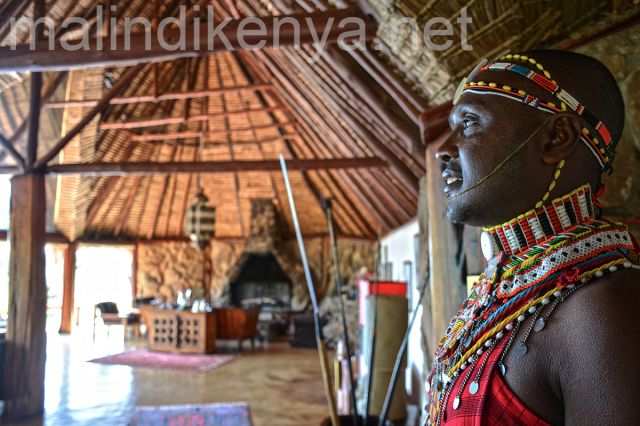
A stay at Saruni Mara is not a safari like any other.
First ...
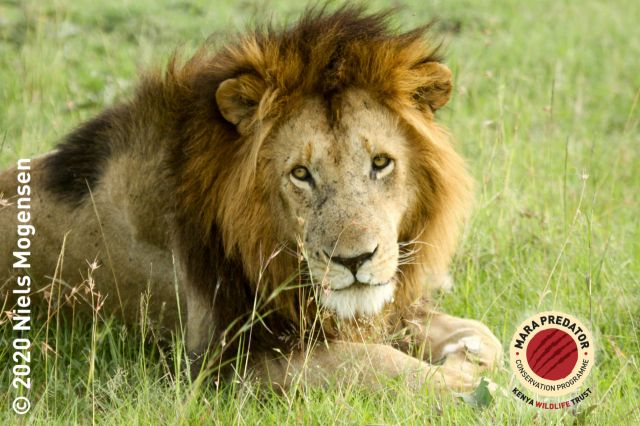
Even in one of the safest and most protected conservancy of the Mara, that of Ol Chorro north of...
REPORTAGE
by Freddie del Curatolo
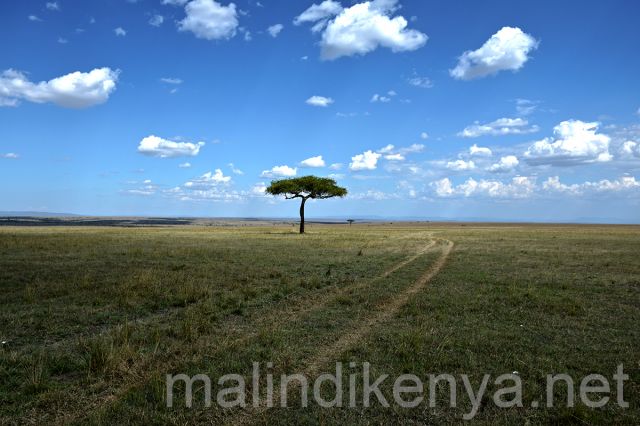
The fifth day of our tour is completely immersed in wonder.
We ...
ENVIRONMENT
by redazione
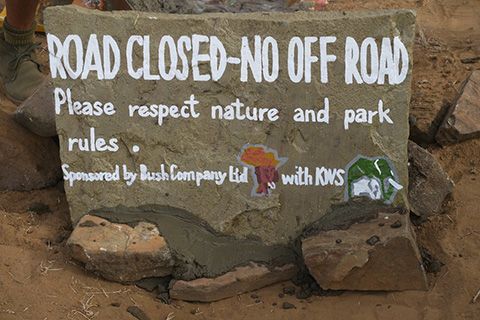
The Italian company of safaris "Bush Company", with KWS, sponsors the observance of the rules in Tsavo.
Last week in the Tsavo East the safari company by Camilla Frasca Caccia, only Italian professional guide certified "Silver" KPSGA, has completed the operation...
STORIES
by Freddie del Curatolo
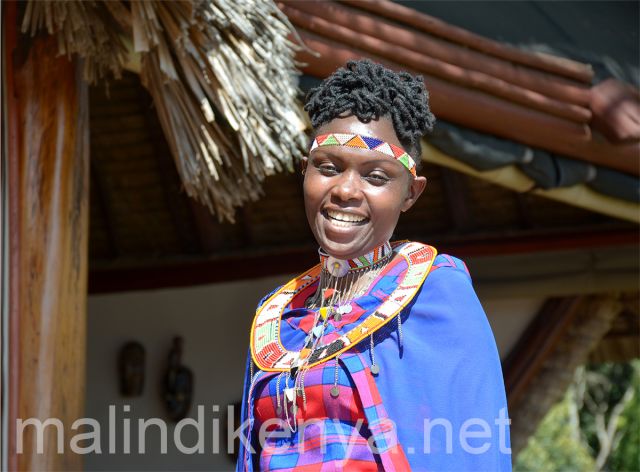
She has a natural elegance and what's more, she appears in traditional dress, with...
REPORTAGE
by Freddie del Curatolo
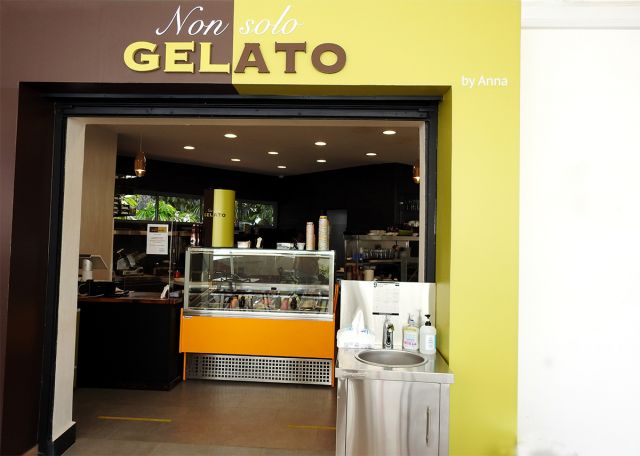
WILDLIFE
by Freddie del Curatolo
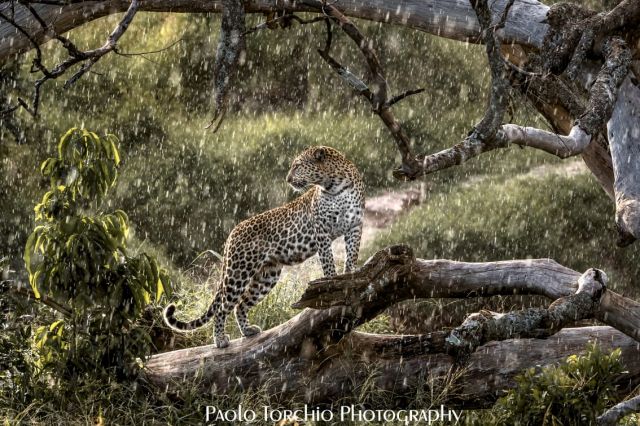
This is the most beautiful photo in the Maasai Mara in 2020 by an Italian photographer.
Paolo...
WILDLIFE
by redazione
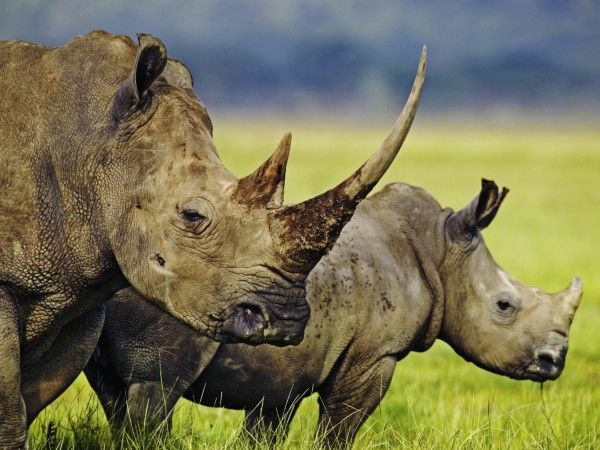
It's been almost six years since a rhinoceros was killed by poachers at the Lewa Conservancy in...
NEWS
by redazione
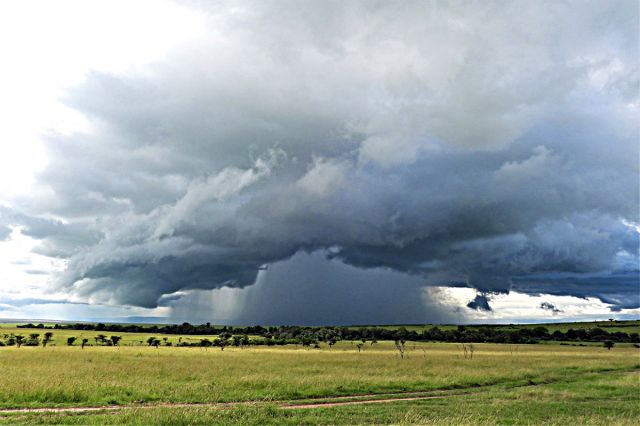
The US has decided to help Kenya's tourism sector recover from this prolonged...
by redazione
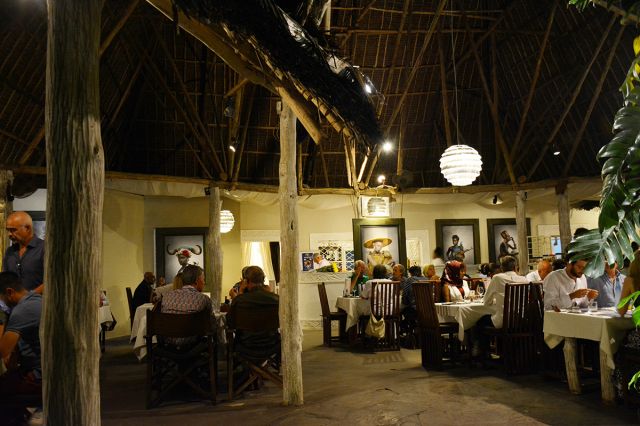
A month and a half of well-deserved holidays, and one of the landmarks of Italian and international catering in Malindi reopens its...
REPORTAGE
by Freddie del Curatolo
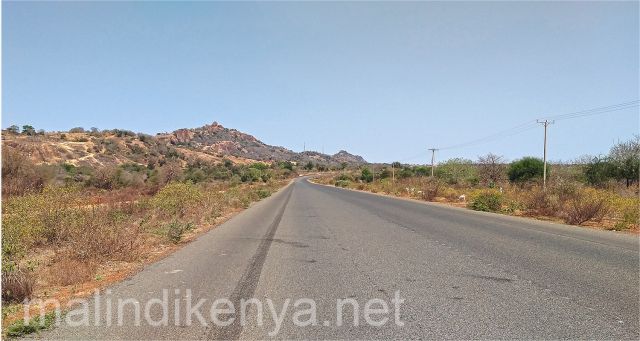
In Africa more than any other place has always been known that everything has a beginning and an...
DOCUMENTARY
by redazione
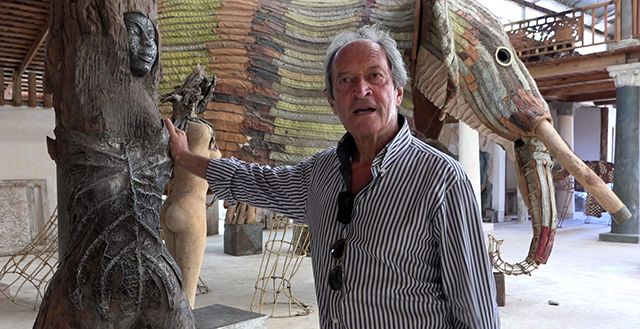
The filming of the documentary film "Italian in Kenya" has ended. It's a short feature commissioned by the Italian Foreign Ministry, through the Italian Institute of Culture in Nairobi, as part of the week of Italian language in the world.
REPORTAGE
by Freddie del Curatolo
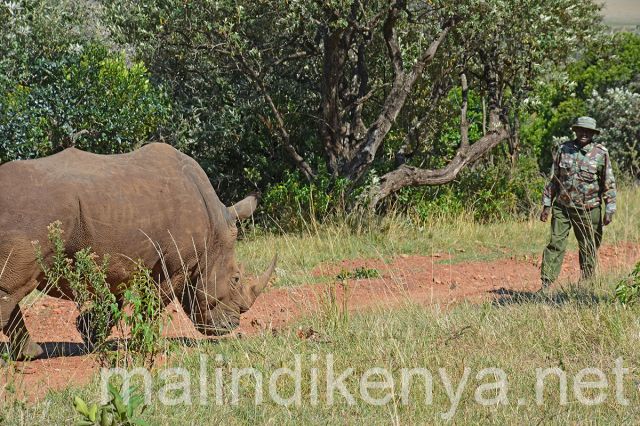
"Don't come to Kenya if you can't afford to see a sunrise in the savannah.
It's like...
NEWS
by redazione
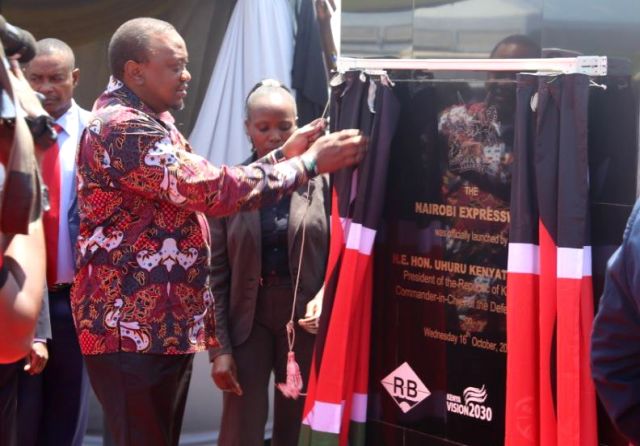
Kenyan President Uhuru Kenyatta yesterday officially inaugurated construction work on the...